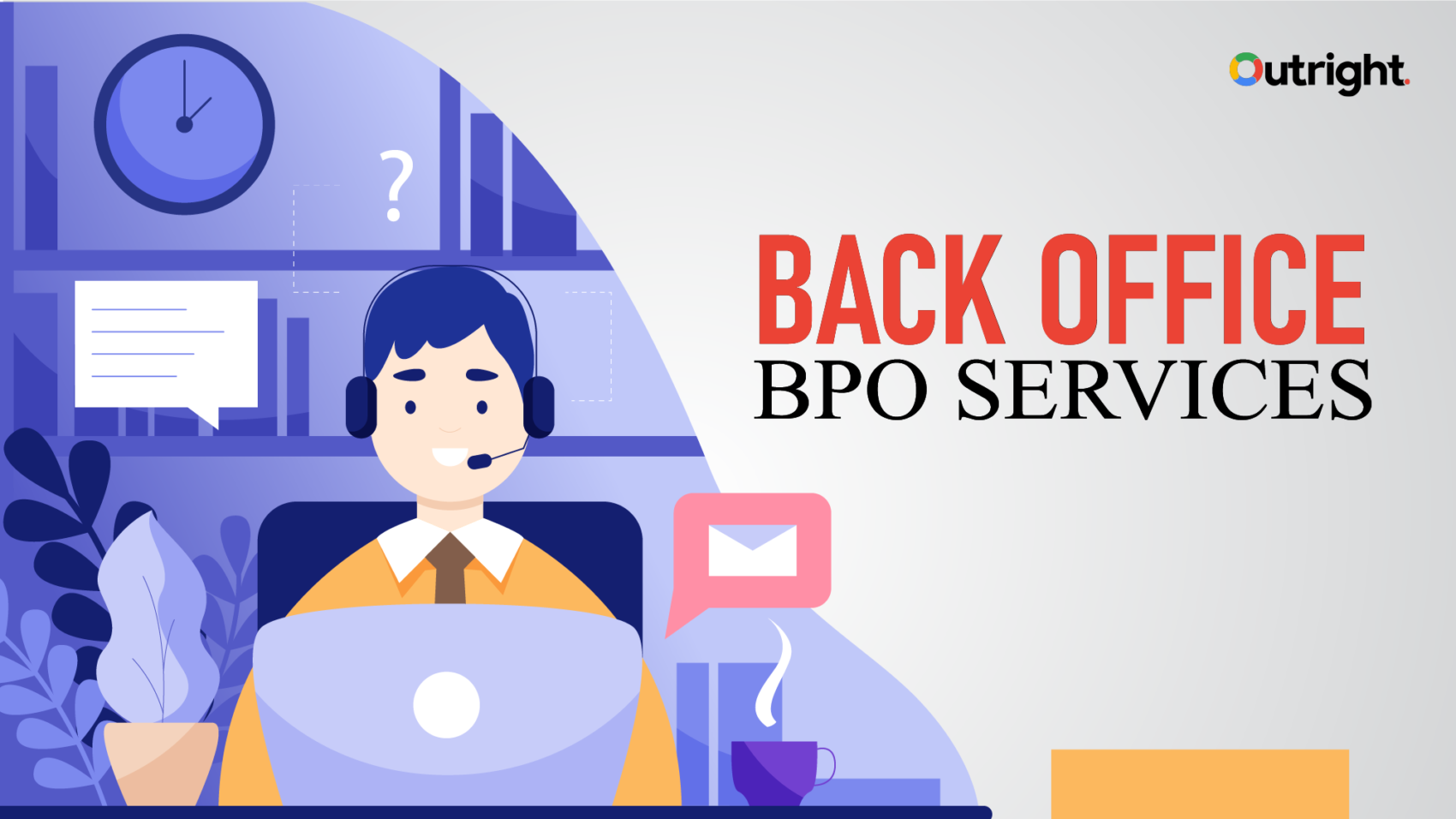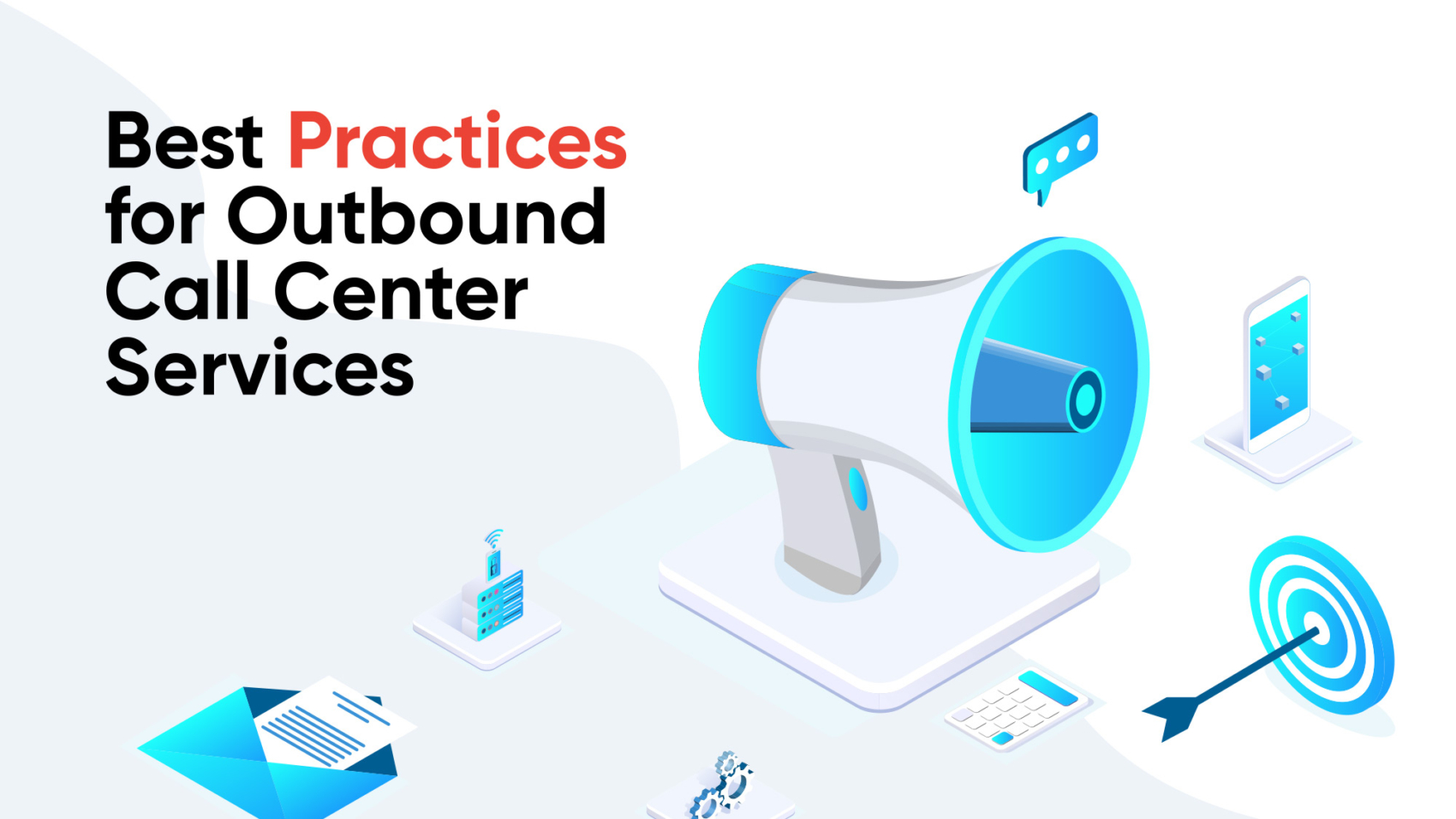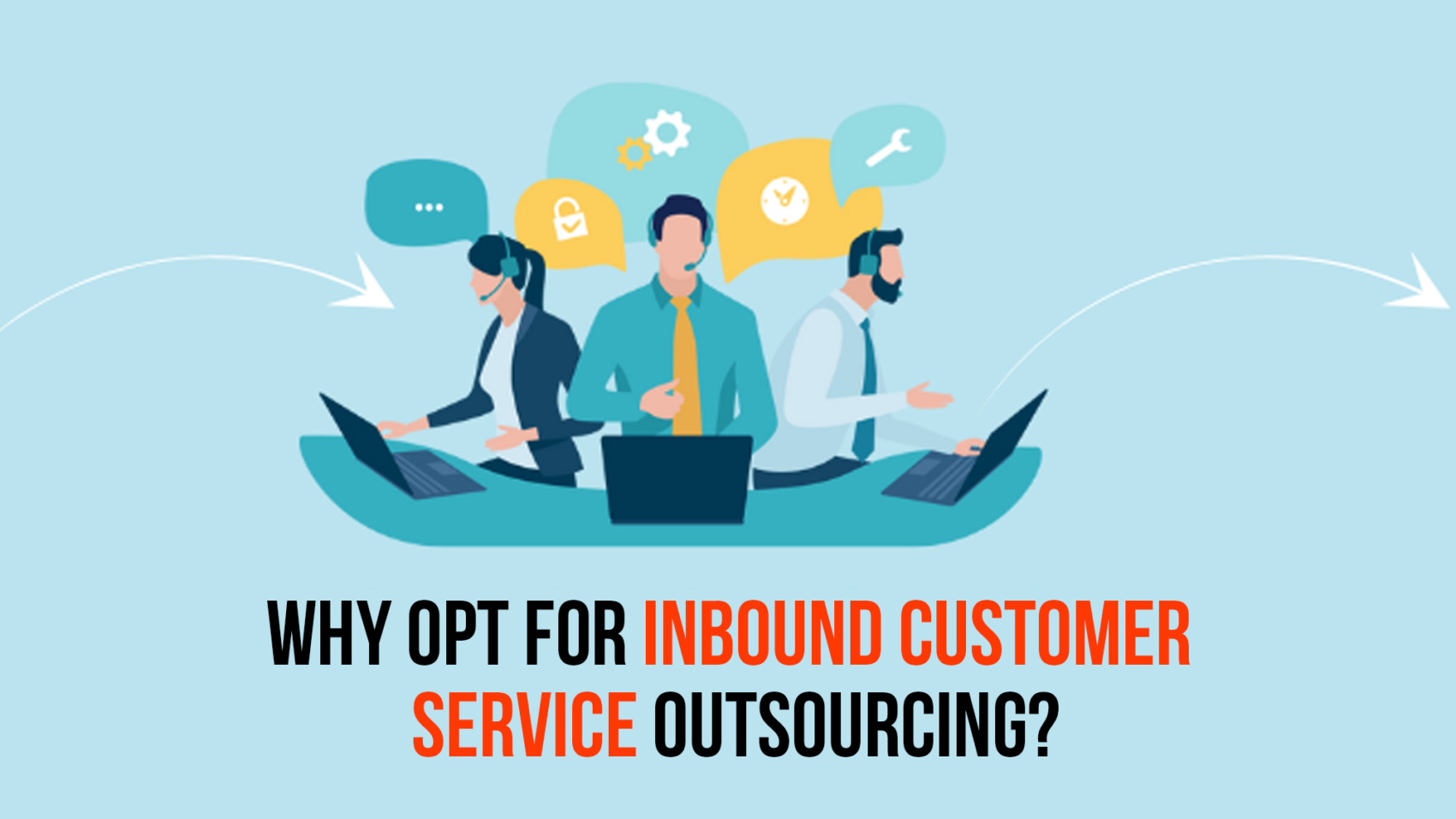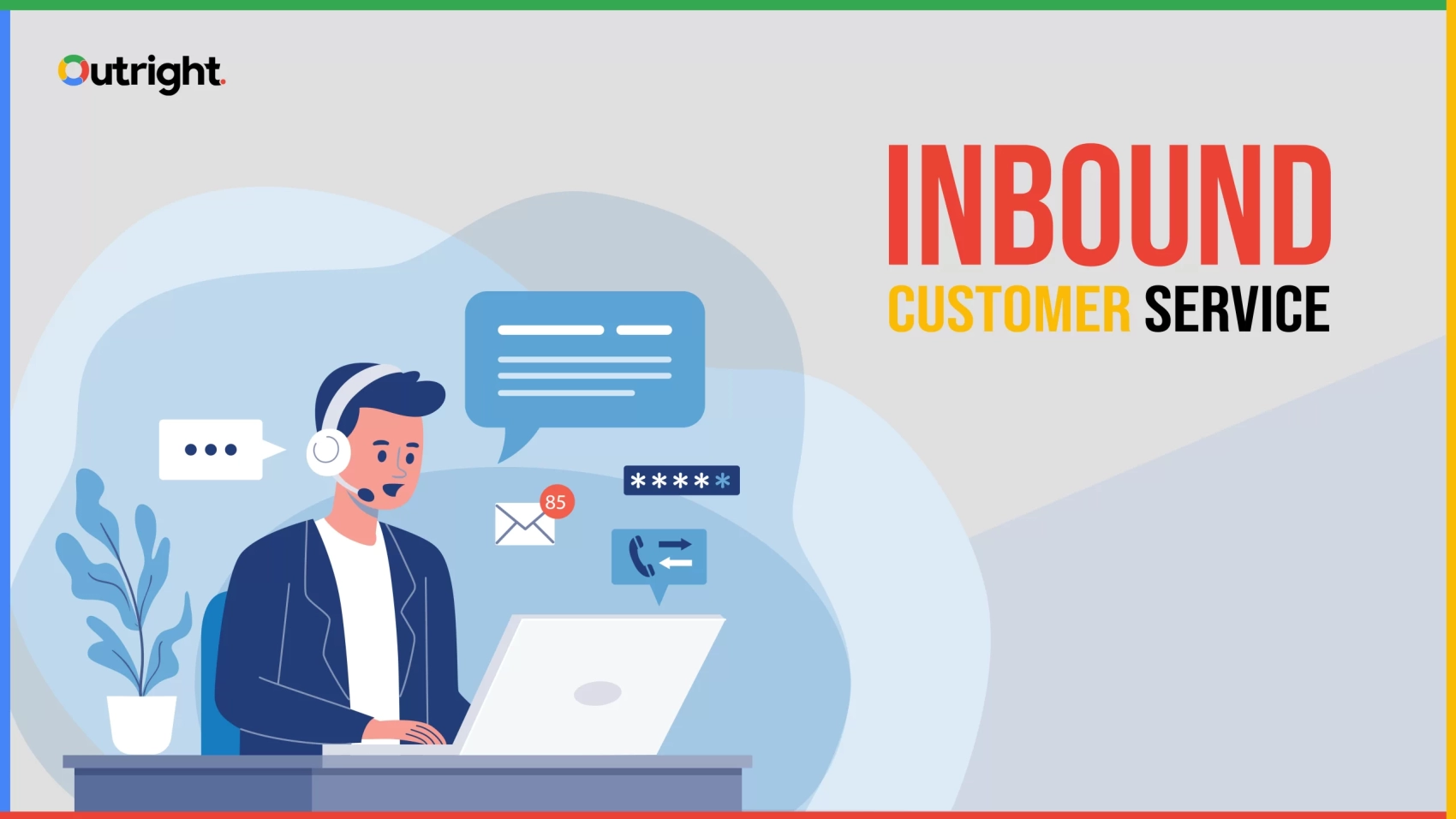Outsourcing has emerged as a valuable strategy in the fast-paced business world that can fuel growth and expansion. However, finding the right outsourcing partner is vital to maximizing the benefits of this approach.
Regarding outsourcing Asia, particularly India, Bangladesh, Pakistan, China and Philippines stands out as a prominent outsourcing hub offering numerous advantages. Reliability, cost-effectiveness, and accelerated time-to-market are just a few benefits of outsourcing. Top companies like Microsoft, Apple and Google have outsourced more than 40% of their work to Asian countries.
To fully understand these advantages, carefully considering various factors are necessary to avoid potential failures, time loss, and additional costs. While the process of selecting an outsourcing partner, whether from Pakistan or any other country, following these best practices will not only allow you to find the right outsourcing partner but will also help you build a competitive advantage. Here are the essential practices to follow:
Create Scope of Work document:
Before engaging with potential outsourcing partners, creating a comprehensive scope of work document is essential. Take the time to determine your business goals, identify specific needs, and outline the ideal solutions for achieving the desired outcomes .If creating a technical scope of work seems challenging Before engaging with potential outsourcing partners, creating a comprehensive scope of work document is essential. Take the time to determine your business goals, identify specific needs, and outline the ideal solutions for achieving the desired outcomes . If creating a technical scope of work seems challenging initially, you can start by answering fundamental questions, such as:
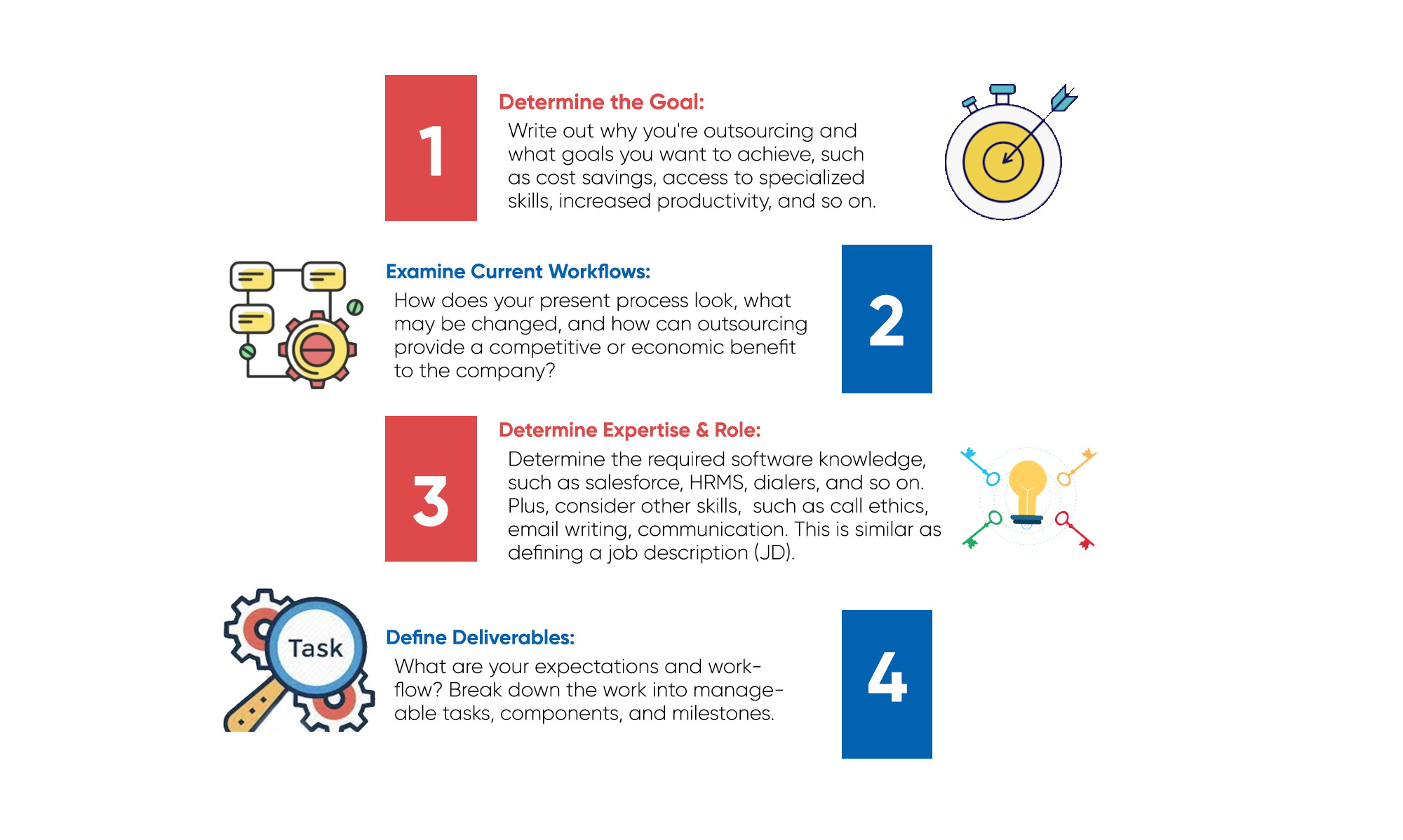
By answering these questions, you can pinpoint the problems you aim to solve, establish a clear roadmap for addressing them, and align your overall business objectives.
It’s important to remember that outsourcing is not a plug-and-play solution; it requires a targeted approach. As the business owner, you possess unique insights into your operations. Expecting an outsourcing partner to have the same familiarity with your business is unrealistic.
To achieve the best results, it is crucial to communicate specific requirements rather than providing vague instructions like “Hire a web developer for amazing results” or “Recruit a lead generation specialist with experience.”
Seek for Technical & Industry Expertise:
After finalizing the scope of work, you can start evaluating potential outsourcing partners. When shortlisting three to five vendors, consider the following factors:

Technical expertise forms the foundation for outsourcing partners to develop and implement effective CX strategies. With a solid understanding of various technologies, tools, and platforms, outsourcing partners can efficiently design and optimize customer journeys, streamline support processes, and improve overall customer satisfaction.
Industry knowledge plays a pivotal role in delivering tailored CX solutions. An outsourcing partner with vertical-specific expertise possesses a comprehensive understanding of the industry’s nuances, customer pain points, and market trends. This knowledge enables them to develop customized CX strategies aligned with industry standards, compliance regulations, and customer expectations.
A passionate outsourcing partner shares your organization’s values, vision, and commitment to delivering exceptional customer experiences. They understand the importance of customer-centricity and possess a genuine passion for exceeding customer expectations. When both parties are aligned in their objectives and mindset, it fosters a strong partnership and enhances the chances of project success.
In the pursuit of delivering exceptional customer experiences, many organizations turn to outsourcing partners for their expertise. However, selecting the perfect CX outsourcing partner requires careful consideration of industry-specific challenges. An ideal CX outsourcing partner understands the expectations and possesses the agility to adapt to changing customer demands.
Market Reputation:
Quality is non-negotiable in any business partnership. However, it is equally important to collaborate with a partner who consistently meets deadlines and maintains professional behavior. Therefore, before finalizing an agreement, thoroughly assess the market reputation of your potential outsourcing partner.
In today’s digital world, researching and evaluating the history and reputation of an outsourcing company is easily achievable. Platforms like Clutch and GoodFirms provide valuable insights through client reviews. Additionally, contacting past clients directly can clarify their experiences with the outsourcing partner.
Ultimately, you should only engage an outsourcing partner if you are convinced of their positive market reputation, alignment with your business goals, and track record of delivering projects on time.
Cost Structure understanding and Communicating about your Budget:
Budget considerations should be taken more seriously, as they can lead to unhappy relationships with vendors and project setbacks. It is critical to understand their pricing methodology, which may differ depending on the type of the work, size of your company or the urgency of the project. It is possible to have an hourly rate model, a fixed pricing model, or a dedicated team model. Check to see if the cost model fits your job requirements and budget.
Get on the phone with them, bring your scope of work document, and discuss their cost if you don’t see it on their website, which is common.
You must determine how much money you will invest in your project and communicate your budget to the outsourcing partner you have chosen.
Protection of Data & Intellectual property:
You share sensitive business information with the outsourcing partner when you outsource a project. It is important to protect your data and intellectual property by taking the following steps:
- Examine their nondisclosure agreement (NDA) and thoroughly study it. This agreement will legally bound the partner to keep your information confidential, and if you have any questions, you can always enquire and check if anything is skeptical.
- Seek an outsourcing partner who has a proven track record of data security. Inquire about the partner’s security measures, such as firewalls, encryption, and access control.
Efficient Development Process & Flexibility:
When selecting the perfect outsourcing partner for your customer experience (CX) initiatives, the development process and execution are crucial factors to consider. The development process encompasses the methodologies, practices, and strategies employed by the partner to execute your CX strategies effectively. Ensure that the partner has clear communication channels, transparent documentation, and a robust quality assurance and testing framework. A scalable and flexible partner who utilizes collaborative tools and infrastructure will facilitate seamless execution and successful implementation of your CX initiatives.
You must ensure that the ultimate purpose of the development process is to enable your company to accomplish the following:

Simplify with Delegation, Partner with us!
Outright is a leading outsourcing company providing high-quality services for small to medium sized businesses . We have a team of experienced professionals who are experts in various industries and are committed to providing our clients with the best possible service.
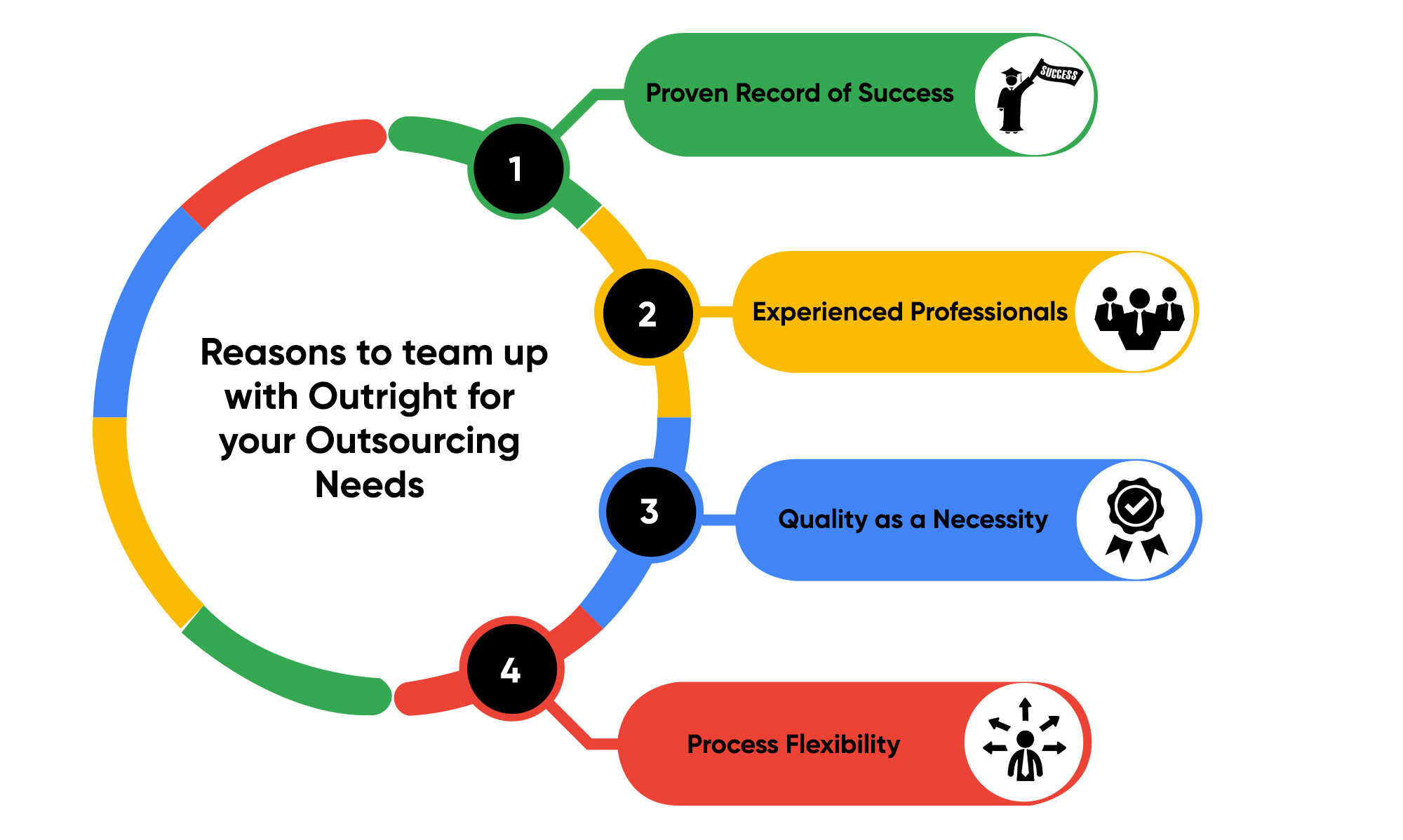
We have a long history of providing our clients with high-quality services with a proven record of success to help them achieve their business goals. Our team of Experienced Professionals that understands various industries, and we are committed to providing our clients with the best possible service. We are committed to providing our clients high-quality services that meet their expectations. We understand that every business is different, and we are flexible enough to meet the needs of our clients. We offer our services at a competitive price and are always willing to negotiate to find a solution that works for our clients.
If you are looking for a reliable and experienced outsourcing partner, outright is the perfect choice. We are committed to providing our clients the best possible service and are confident that we can help you achieve your business goals.

